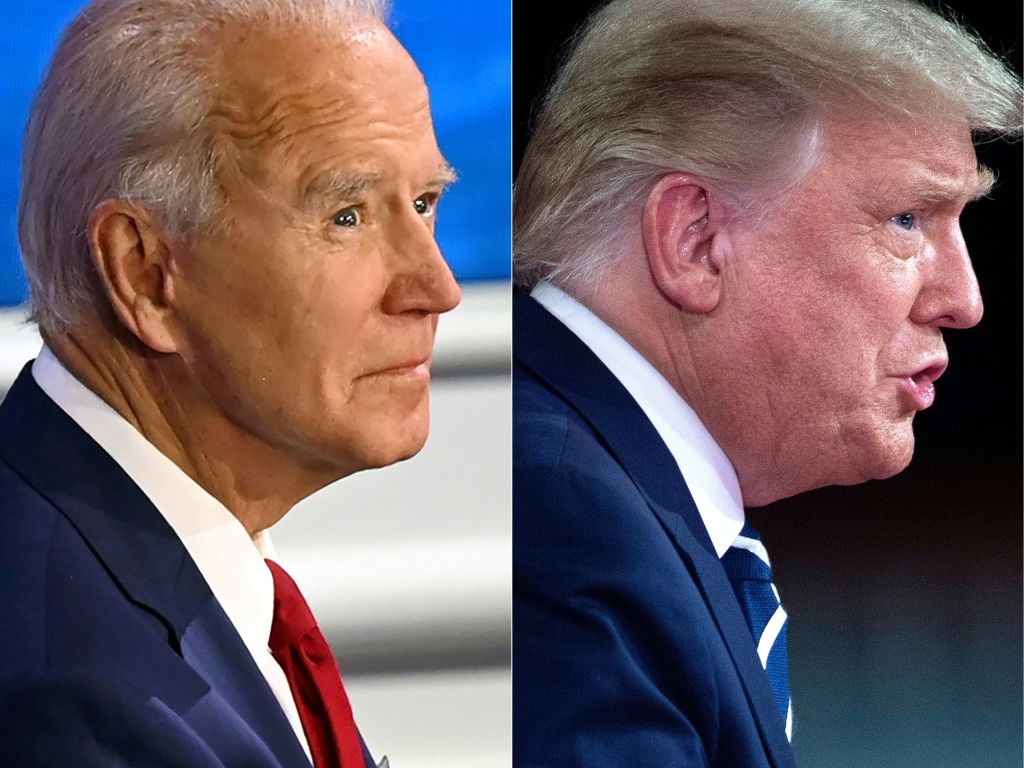Who Is Favored To Win The Presidency
Posted By admin On 15/04/22A Las Vegas oddsmaker has President Donald Trump favored to win the 2020 presidential election. Click to see the odds for a variety of candidates. The Economist thinks Mr Biden is 'very likely' to beat Mr Trump while FiveThirtyEight, a political analysis website, sees Mr Biden as 'favoured' to win the election but says the president could.
National polls suggest Democratic nominee Joe Biden has an 87% chance of winning the 2020 presidential election, but four years ago, the United States watched as President Donald Trump won despite polls that stated former Secretary of State Hillary Clinton had an 85% chance of winning.
- The latest 2024 presidential election odds show Vice President Kamala Harris as the front-runner over President Joe Biden and former President Donald Trump at most European sportsbooks. For instance, Harris is +350 to win in 2024 at Bet365, with Biden at +400 and Trump at +600.
- President Trump’s approval ratings may not be great, but he is still considered the overall favorite to win the 2020 election. Political pundits like S.E. Cupp continue to pound Trump, while his odds for impeachment seem to grow daily.
As of Tuesday, polls have Biden ahead by about nine points, a lead that has remained relatively stable since mid-June. Though the most competitive races are not in Pennsylvania, Wisconsin or Michigan, many forecasts say these states — especially Pennsylvania, where Biden leads by 5.2 points — will be the deciding factor in who becomes president.
“In the end, why are polls used? Well, it’s because they’re pretty accurate,” said Henry Brady, dean of UC Berkeley’s Goldman School of Public Policy. “My guess is they’re pretty much on the mark right now. There are errors in them, though, and you’ve got to take that into account.”
According to Brady, there are three different error types, one of which is sampling error.
While a random sample of 1,000 Americans can “certainly well-approximate” the larger nation of more than 300 million, it can be difficult to create a truly random sample, according to campus political science associate professor David Broockman.
The other two error types are mode and house errors, which account for the impact on poll results that different polling methods or organizations may have. Brady added that these differences can lead to biases in who responds to the poll.
“When you put all those three sources of error together, the amount of error in any given poll is at least double what is usually reported,” Brady said.
As a result, polls will often be aggregated to minimize the impact of errors in individual polls. One such aggregator, FiveThirtyEight, also weighs the polls by how accurate they have been in the past.
While polls in 2016 failed to accurately predict who would win the presidential election, Brady said they were largely correct with regard to the popular vote. Polls had predicted Clinton would win the popular vote by 3% — she won by just over 2%.
According to Brady, the reason 2016 polls failed is that they didn’t collect sufficient data from Electoral College swing states such as Wisconsin, where it was assumed Clinton would win. They also failed to accurately measure non-college educated men, a demographic that ended up being a large part of Trump’s base.
Another factor in 2016 was the large number of undecided voters who “broke” for Trump in the last few weeks after polling concluded, Brady added.
“There’s maybe only 5-7% of undecided voters now,” Brady said. “Even if every single one of them voted for Trump, given the lead Biden seems to have in the polls, it’s likely Biden would win.”
It is still possible for Trump to win, however. FiveThirtyEight gives Trump a 12% chance of winning the election, as of press time. That chance jumps to 69% if he wins Pennsylvania, which is why many polls say Pennsylvania will be the tipping-point state.
Biden’s current lead over Trump in Pennsylvania is 5.2 points, according to FiveThirtyEight. This is more than a normal-sized polling error, but polls were off by 4.4 points and Trump narrowly won the state in 2016.

FiveThirtyEight predicts that if Biden does not win the state, he still has a 30% chance of winning the election, as he can still win other Midwestern states such as Michigan and Wisconsin. Conversely, if Trump does not win Pennsylvania, his chances of reelection fall to 2%.
“One of the biggest problems in polling, though, is something that they have a hard time capturing, and that is figuring out who is going to turn out to vote,” Brady said. “You can ask people how they’re going to vote, and typically we believe that most people tell the truth, but that doesn’t mean they’re going to go and vote.”
Broockman said there is also evidence showing that a large lead in the polls increases certainty about an election outcome and, as a result, demobilizes potential voters and decreases voter turnout.
Brady said this was an issue in 2016 especially, as there were many “lukewarm” voters, who may have decided not to vote as it seemed certain Clinton would win.
Who Is Really Going To Win The Presidency
“In this election, there’s very few lukewarm voters. There’s mostly people who are very intense, and it seems unlikely that a poll result is going to have much impact on whether or not they vote,” Brady said. “Given the experience of 2016, people are going to say, ‘Boy, I’d better vote because I don’t want to be wrong.’ ”
Who Is Favored To Win The Presidency In 2020
Contact Maria Young at [email protected].